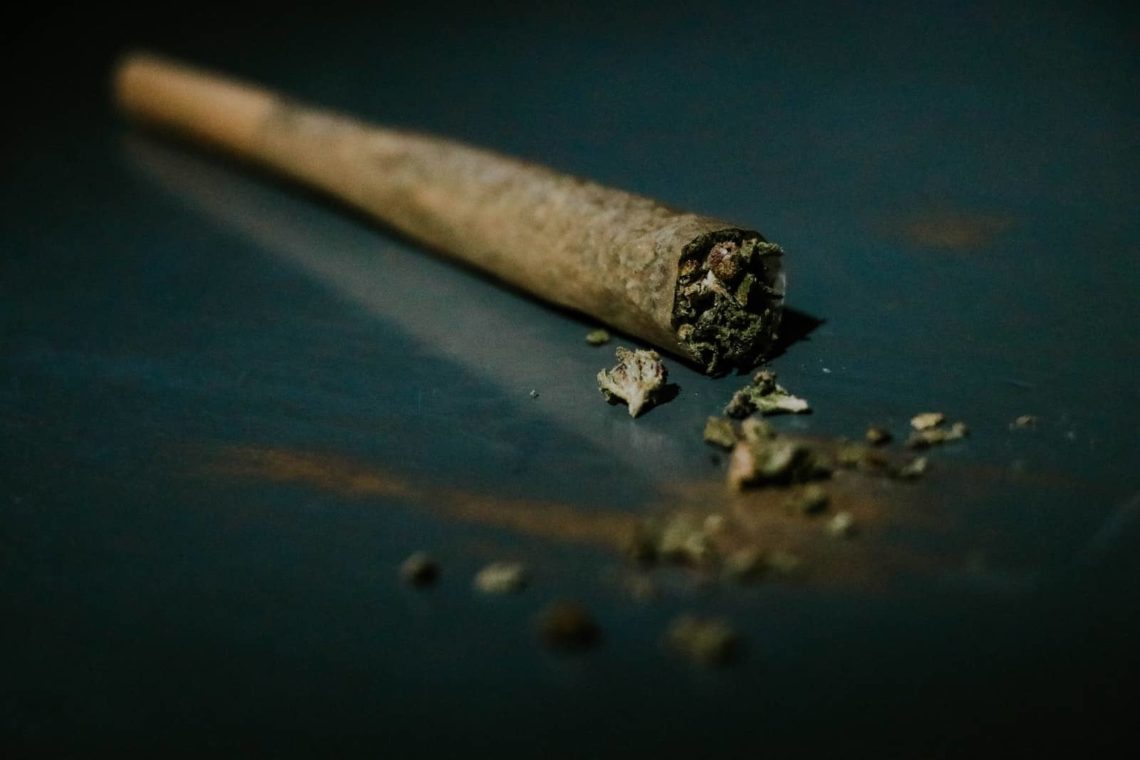
Is there a Marijuana DWI?
Driving high in Texas will get you arrested and charged for driving while under the influence of an intoxicating substance. This law applies to all intoxicating substances, including marijuana.
Texas has some of the country’s strictest laws regulating marijuana consumption. To this end, the recreational use of marijuana is illegal. Additionally, marijuana for medical use must contain very low levels of THC, the primary psychoactive compound in this substance.
Interestingly, most marijuana users in Texas (and the rest of the country) don’t think anyone can tell whether they are high when driving. Are they right?
Tests for Driving High On Marijuana
Drug Recognition Expert (DRE)
Texas doesn’t have a standardized way of conducting roadside tests for marijuana intoxication. Therefore, police officers in Texas rely on observable signs of impairment to determine whether a driver is high. These tests are conducted by a DRE, and follow a 12-step procedure.
The DRE 12-Step Procedure
- Administering a breath alcohol test to rule out the influence of alcohol.
- Interviewing the arresting officer to get details about the driver’s behavior during detainment.
- Interviewing the driver about what medications they are currently using and what they might have eaten or drank. The DRE will also observe the driver’s behavior and may ask to check their pulse.
- Conducting an eye examination to check for signs such as a lack of convergence and horizontal or vertical gaze nystagmus.
- Administering four field sobriety tests: a walk-and-turn test, a one-leg-stand test, a finger-to-nose test, and a modified Romberg balance test.
- Checking the driver’s temperature, pulse, and blood pressure.
- Measuring the driver’s pupil size under varying lighting conditions.
- Testing for muscle flaccidity or rigidity.
- Rechecking the driver’s pulse while checking their body for needle injection spots.
- Mirandizing the driver and then asking a series of questions about their drug and marijuana use habits.
- Deciding whether there is a probable cause to suspect or believe that the driver is impaired.
- Arresting the driver to perform more detailed tests in a laboratory, including blood, saliva, and urine tests.
Lab Tests
However, it is worth noting that many of these standardized field sobriety tests are not considered efficient or accurate for Marijuana Intoxication. Additionally, drivers can refuse blood tests unless the officer obtains a warrant (breath tests can also be refused but that isn’t relevant here).
Lab tests are more thorough than roadside tests. However, they are not entirely accurate and have several notable shortcomings, most notably dating.
Marijuana is fat-soluble; THC is absorbed into the bloodstream and stored alongside fat for several days or months after smoking. For example, studies show that marijuana can linger in the blood for up to 30 days and the hair for several months. As such, the driver could have smoked marijuana months ago, and a hair test would still come back positive.
Charges for a Marijuana-Related DUI in Texas
Texas state law doesn’t distinguish between alcohol-related and marijuana-related DUIs. Both substances cause intoxication and impairment and are categorized in the same class.
The penalties for driving high under the influence of marijuana in Texas vary depending on the number of offenses. Additionally, it is worth noting that the penalties increase in severity if you have been convicted of a DUI related to any other intoxicating substance (such as alcohol) in the past. Essentially, a DUI is the same from all perspectives.
First Offense
A first offense for a marijuana-related DUI can land you behind bars for a period ranging from three days to six months. Additionally, the court may fine you up to $2,000 and suspend your license for up to one year.
Second Offense
A second offense for a marijuana-related DUI can land you behind bars for a period ranging from one to six months. Additionally, the court may fine you up to $4,000 and can suspend your license for a period ranging between six months and two years.
Third Offense
Any subsequent offenses are regarded as willful subversion of the law and attract harsh penalties. For starters, you can spend up to ten years in prison. Additionally, you may be charged up to $10,000 in fines and have your license suspended for up to two years.
Fighting a Marijuana-Related DUI Charge in Texas
Fortunately, it is possible to fight Texas’ strict marijuana laws and avoid the harsh penalties. The fact that roadside and lab tests are not efficient or accurate puts you at an advantage over the prosecution from the start. For example, testimony by the arresting officer that your eyes were red at the time of the arrest can be explained as fatigue. However, you will need a knowledgeable, experienced, and competent attorney with an efficient strategy.
Let Us Help
Have you been charged with a marijuana-related DUI in Austin, need a Lawyer for Marijuana DWI in San Antonio, Georgetown, or San Marcos, TX? It may be possible to fight the charges with the help of an experienced Austin Marijuana DWI lawyer. Fortunately, the team at Stephen T Bowling, DWI & Criminal Defense Attorneys is here to help. Reach out today for a Free Consultation and learn how our .
